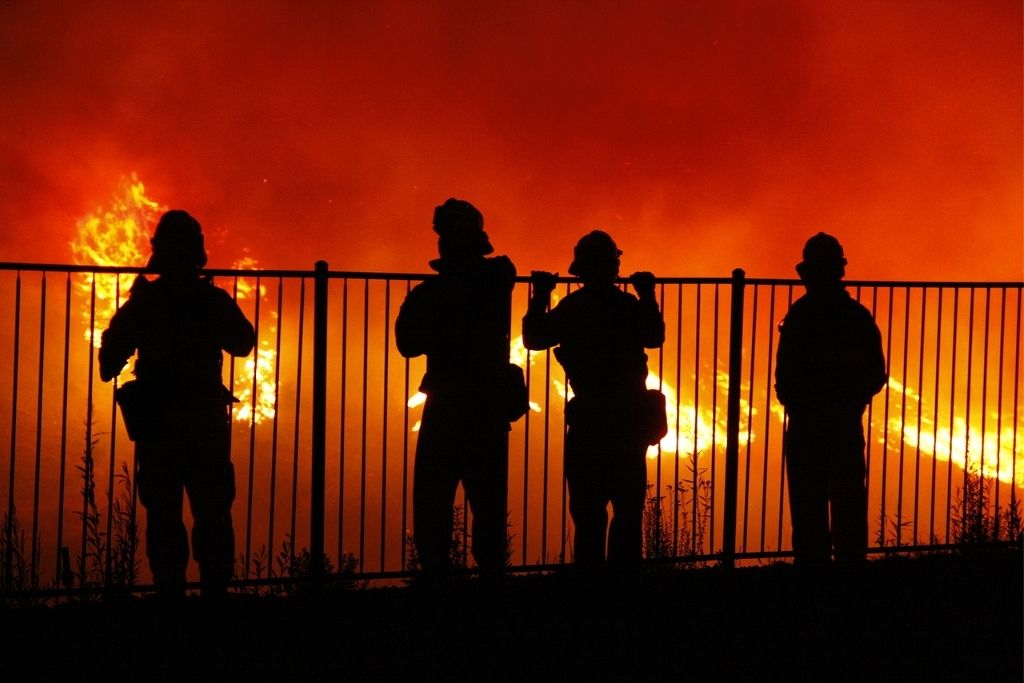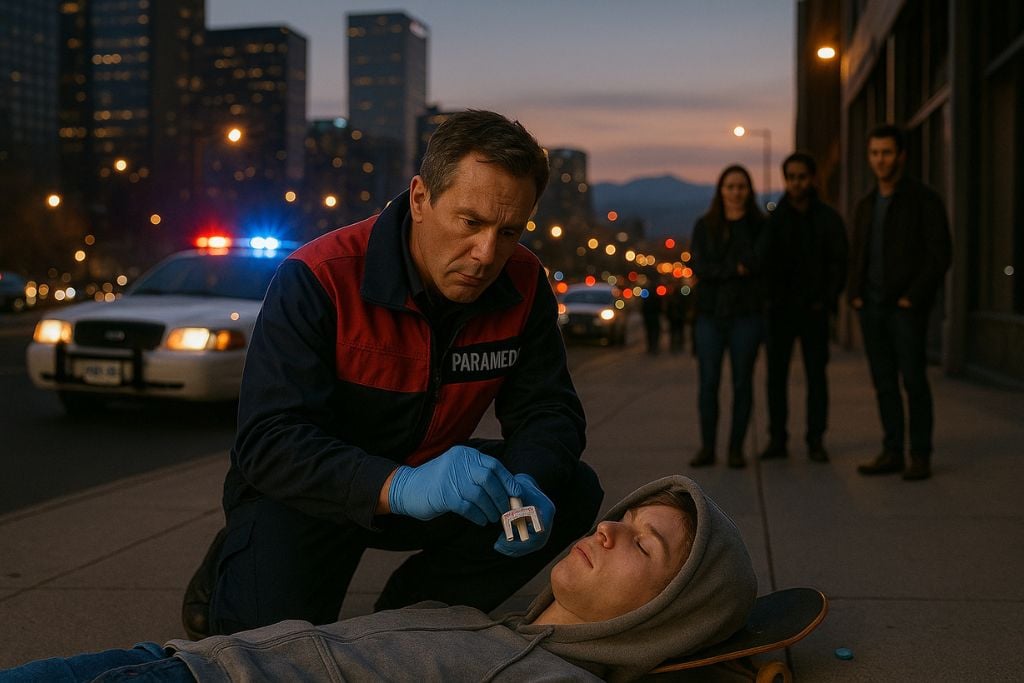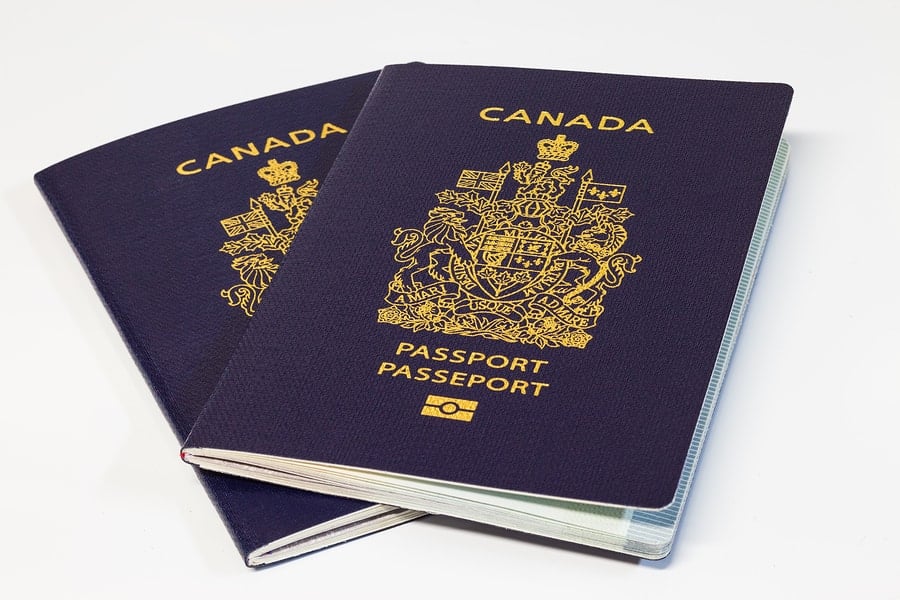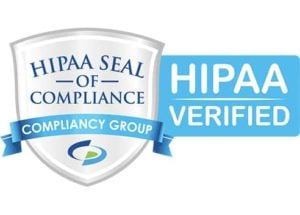California has long been a symbol of resilience, innovation, and opportunity. Yet, in recent years, the state has been besieged by a series of compounding crises that have tested the limits of its resources and humanity. Among these challenges, the annual wildfire season continues to wreak havoc, not only on the physical landscape but also on the emotional, psychological, and social fabric of the state. The wildfires of Palisades, Eaton, and Altadena have shown us that devastation does not discriminate—from the wealthy to the less fortunate, every Californian has been affected.
These fires have struck a state already scarred by rising crime, homelessness, addiction, mental health struggles, and the lack of basic needs. Our hearts go out to each and every family, friend, acquaintance, and neighbor—along with their pets and livestock—whose lives have been inextricably changed by these fires. It is not just a crisis of burned landscapes but also a test of collective resilience and unity.
The Mental and Emotional Toll
For individuals experiencing these wildfires, the trauma of evacuations, uncertainty, and loss can leave lasting emotional scars. Natural disasters like these have been shown to amplify anxiety, depression, and post-traumatic stress disorder (PTSD), affecting both the immediate and long-term well-being of those impacted. For individuals already grappling with mental health challenges, the stress of these disasters can be particularly overwhelming. The added uncertainty and loss of safety can trigger emotional crises, pushing some toward isolation, substance use, or other harmful coping mechanisms.
California’s mental health care system—already under strain—is often unable to meet the surge in demand during disasters. Emergency responders and healthcare workers face the daunting task of addressing the mental health needs of both the general population and those already vulnerable to emotional distress. This gap underscores the urgent need for integrated disaster response plans that prioritize mental health care as much as physical safety.
Addiction and Relapse Risks
For those battling addiction, the stress and upheaval caused by wildfires can disrupt their progress. The closure of treatment centers, the loss of access to therapy, or the destruction of medications can lead to setbacks. People who rely on structured environments to maintain sobriety may find themselves at heightened risk of relapse when routines are shattered.
The physiological and emotional toll of wildfire smoke and stress can also exacerbate substance use disorders. Research shows that exposure to trauma can be a significant trigger for substance use, as individuals may turn to drugs or alcohol to cope with anxiety, grief, and a sense of helplessness. This makes it imperative for healthcare providers and community organizations to extend addiction support services during and after crises.
Gratitude for First Responders
Our deepest gratitude goes to the firemen and firewomen who, alongside countless other public servants, have risked their lives to combat these fires and protect our communities. Their bravery is a beacon of hope in a time of widespread uncertainty and fear. These individuals often work tirelessly, despite their own exposure to trauma, to ensure the safety of others.
The efforts of first responders remind us of the power of unity in times of adversity. From organizing evacuations to protecting homes and infrastructure, their actions underscore the importance of collective strength in overcoming natural disasters.
Community Support and Resources
In the aftermath of these fires, the road to recovery will be long and challenging. As Californians, we have a responsibility to come together and support one another in rebuilding. Below is a brief list of resources to aid those affected, though we know that in the weeks and months ahead, many more efforts will be needed:
- Mental Health Support: Free counseling services for fire survivors, offered by local clinics and telehealth providers. These services are particularly vital for individuals already struggling with anxiety, depression, or PTSD.
— If you or someone you know is struggling or in crisis, help is available.
Call or text 988 or chat 988lifeline.org
—SAMHSA Disaster Distress Helpline – 1-800-985-5990 - Temporary Housing: Shelters and organizations providing emergency housing for displaced families and individuals, ensuring that everyone has access to a safe and stable environment.
— American Red Cross – Find Open Shelters
— FEMA Transitional Sheltering Assistance - Animal Rescue Services: Resources for pets and livestock affected by evacuations, recognizing the deep emotional bond between people and their animals.
— ASPCA Disaster Response
— Humane Society Disaster Relief - Community Rebuilding Programs: Volunteer opportunities and donation drives to assist in restoring homes and neighborhoods, fostering a sense of hope and purpose.
— California Office of Emergency Services (Cal OES)
A Call for Compassionate Health Care
The intersection of wildfires, mental health, and addiction underscores the need for compassionate and integrated healthcare approaches. Local governments and health organizations must prioritize funding and accessibility for mental health services, both in disaster preparedness and recovery efforts. By addressing the psychological and emotional toll of wildfires, we can help individuals regain a sense of stability and agency.
Moreover, addiction recovery must be seen as an integral part of disaster response. Expanding access to treatment and creating trauma-informed care programs will not only support individuals in crisis but also prevent long-term health consequences. These steps are essential in building a healthier and more resilient California.
Moving Forward with Compassion
This is not just a story about loss—it is also one of resilience. In a state already facing immense challenges, these wildfires remind us of the importance of coming together to heal. Every effort matters whether it’s through providing mental health support, helping a displaced neighbor, or simply showing gratitude to those on the frontlines.
As Californians, we have faced adversity before. Together, with compassion and determination, we will rise from these ashes, rebuilding lives and communities stronger than ever. By prioritizing health care—both physical and emotional—we can ensure that no one is left behind in this journey of recovery.














